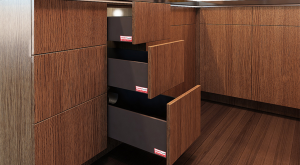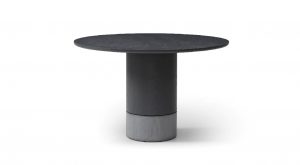Featured Post
Easy DIY Fixes for Common Furniture Issues: Save Money and Extend the Life of Your Furniture
Furniture makes our homes cozy and functional, but it’s not immune to wear and tear. Scratches, wobbly legs, and stains can creep up over time. The good news? You don’t need to replace your pieces or call a pro. With easy DIY fixes, you can save money and keep your furniture looking great. This article dives into practical solutions and care tips to help you out.
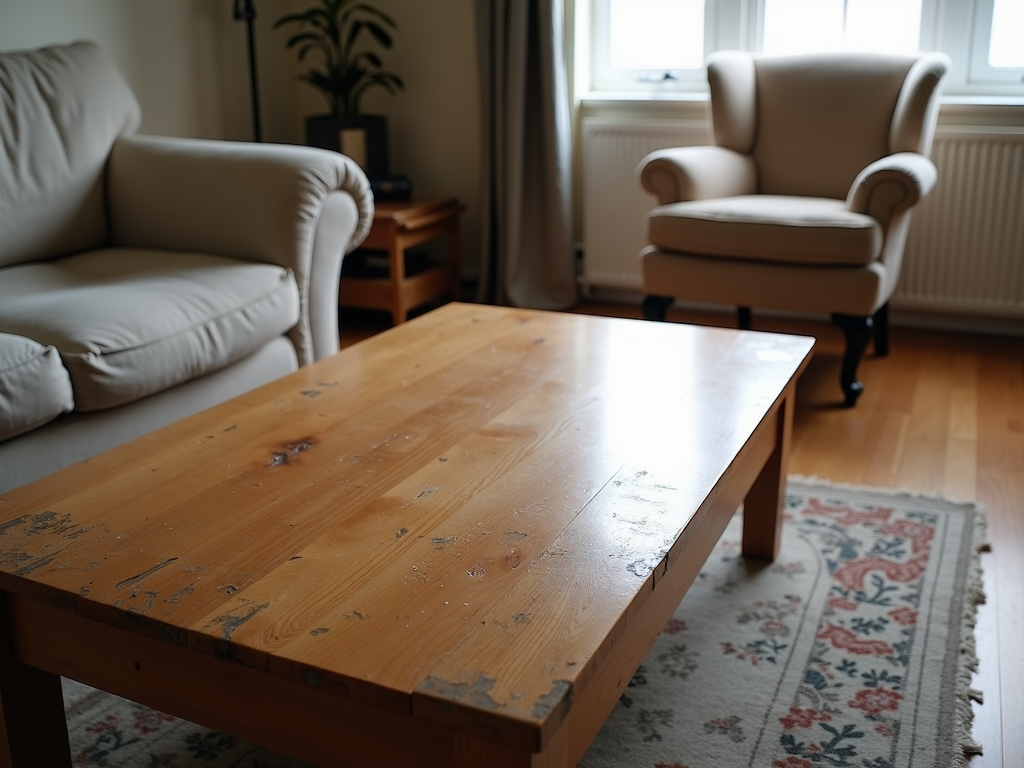
Scratches on Wooden Furniture
Scratches happen—whether it’s from a pet, a misplaced key, or just daily life. I’ve dealt with my fair share on my old oak table. For light scratches, mix equal parts olive oil and white vinegar. Dab a soft cloth in it and rub the scratch gently. The oil fills it in, and the vinegar cleans it up. Wipe off any extra with a dry cloth.
Got a walnut handy? Rub it over the scratch—the natural oils work wonders. For deeper gouges, wood filler is your friend. Pick one close to your furniture’s shade, apply it with a putty knife, let it dry, then sand it smooth. A quick stain or polish finishes the job.
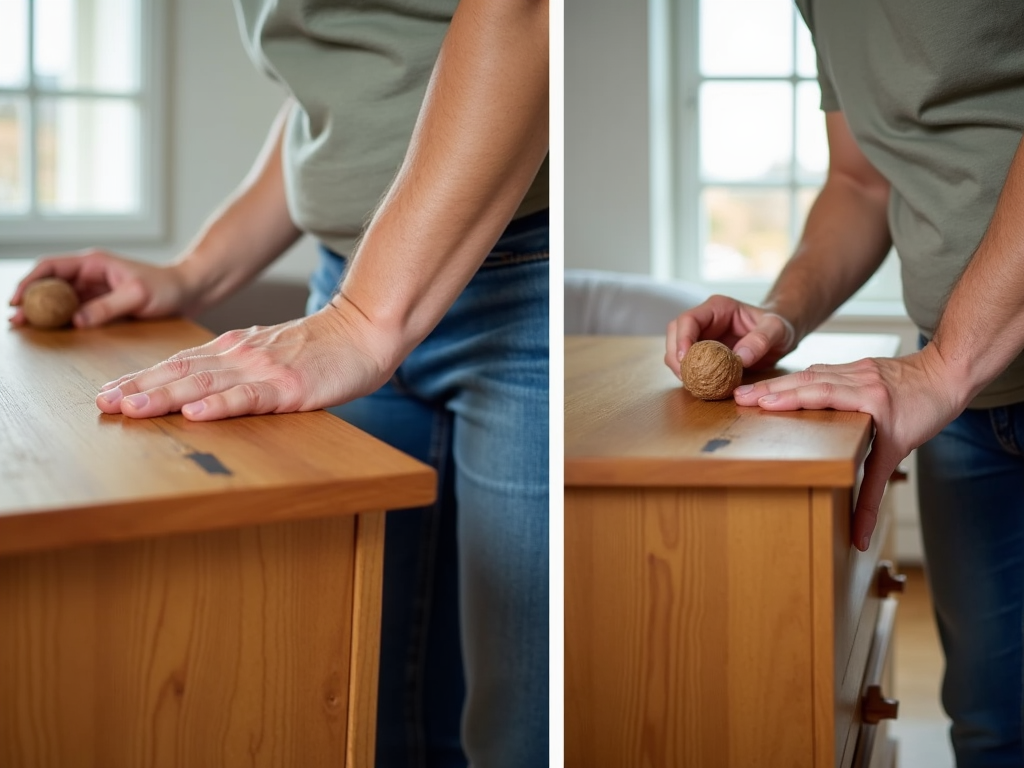
Loose Joints or Wobbly Legs
A wobbly chair or table can feel like an accident waiting to happen. I once had a dining chair that rocked every time someone sat down. First, flip it over and tighten any loose screws with a screwdriver. If that doesn’t cut it, grab some wood glue. Apply a bit to the joint, press it tight, and clamp it for a few hours. No clamp? A heavy book works too. For extra strength, add small metal brackets—simple and cheap.
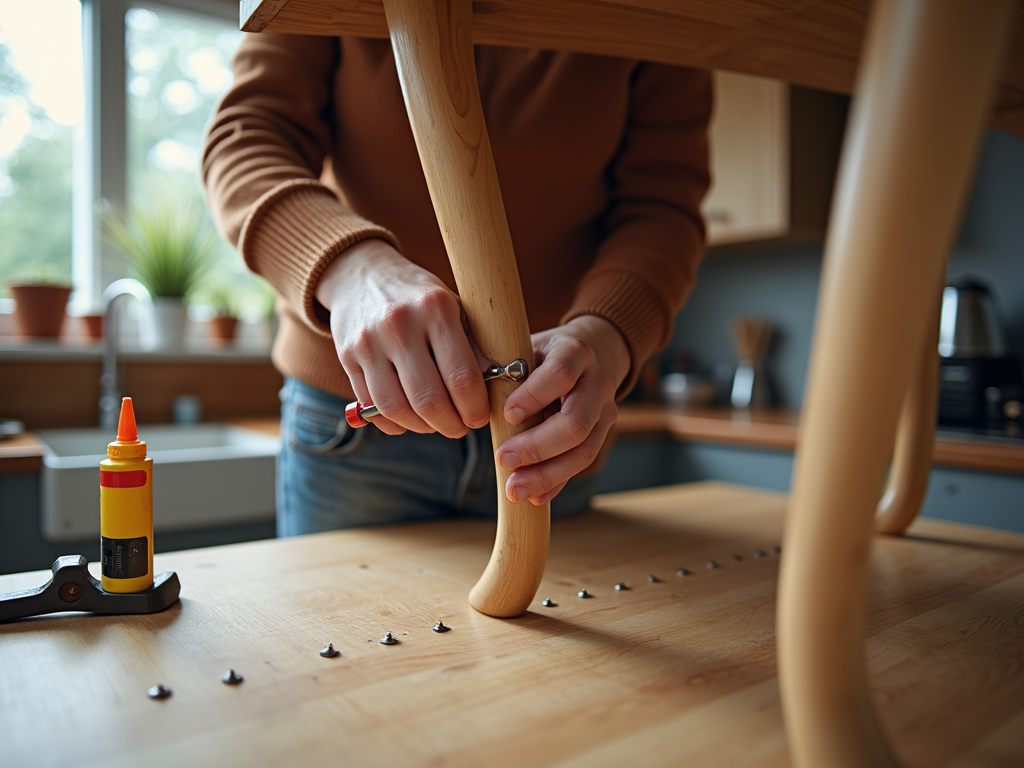
Stains on Upholstery
Spills on the couch are a nightmare, but I’ve saved mine more than once. Act fast—blot, don’t rub. Mix a few drops of mild detergent with water in a spray bottle. Spritz the stain, then blot with a clean cloth until it lifts. Let it air dry. For grease, sprinkle baking soda, wait 15 minutes, vacuum, then blot with the mix. Ink? Dab with rubbing alcohol. Food stains? Try water and vinegar. Test it on a hidden spot first. Want more tricks? Check out Purdue Extension’s upholstery guide.
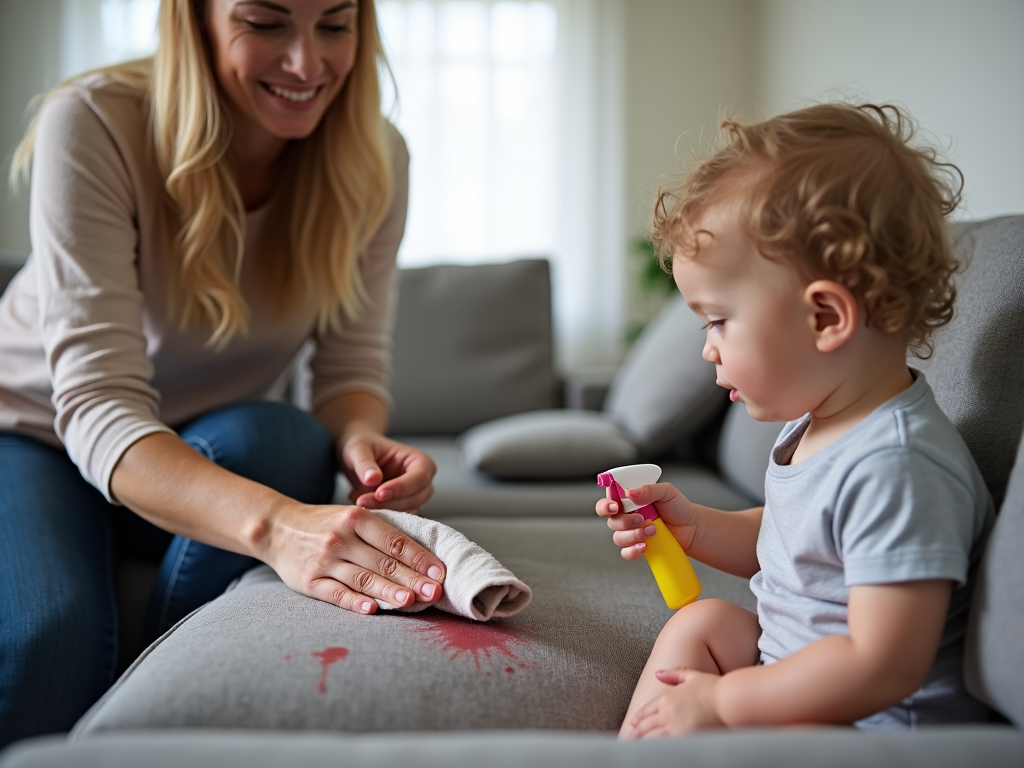
Squeaky Hinges or Drawers
Squeaks drive me up the wall, especially from a cabinet I open daily. For hinges, a few drops of WD-40 on the pin do the trick—work the door back and forth to spread it. Drawers squeaking? Pull them out, wipe the tracks with a damp cloth, and clear any dust. Still noisy? A little lubricant on the tracks fixes it fast.
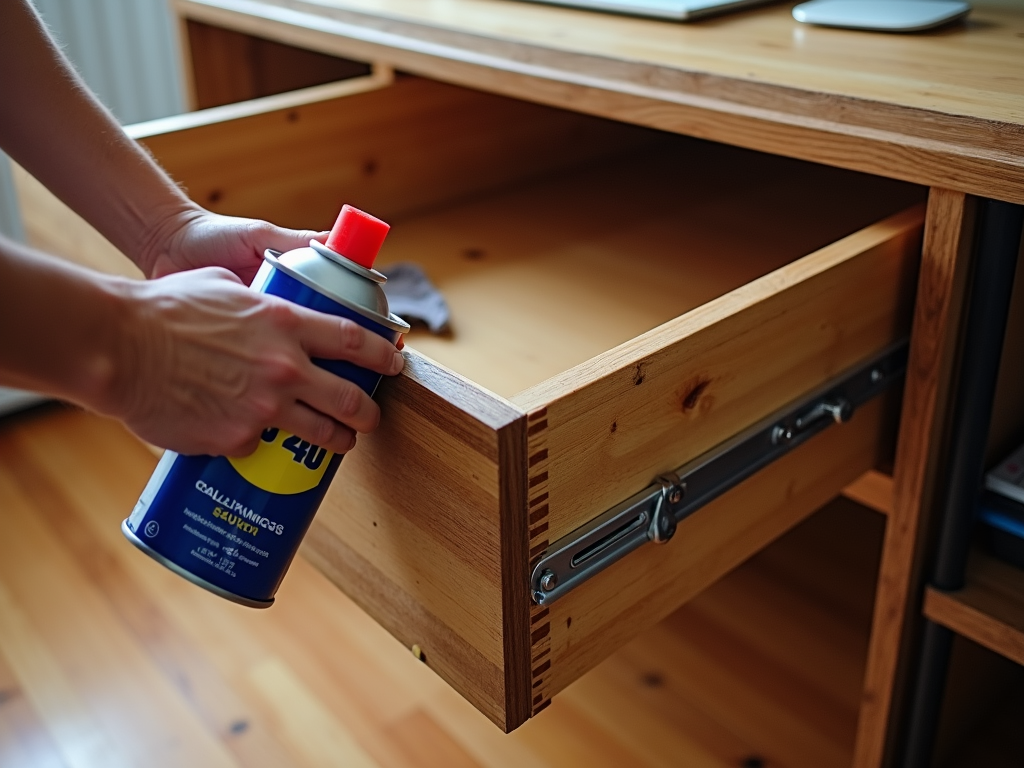
Fading or Discoloration
Sunlight can bleach your furniture over time—I learned that with a chair by my window. Keep it out of direct sun or hang curtains. Spills causing spots? Clean them quick with a damp cloth and mild soap. If it’s too late, sanding and restaining might be needed. It’s a bigger job, but doable with patience.
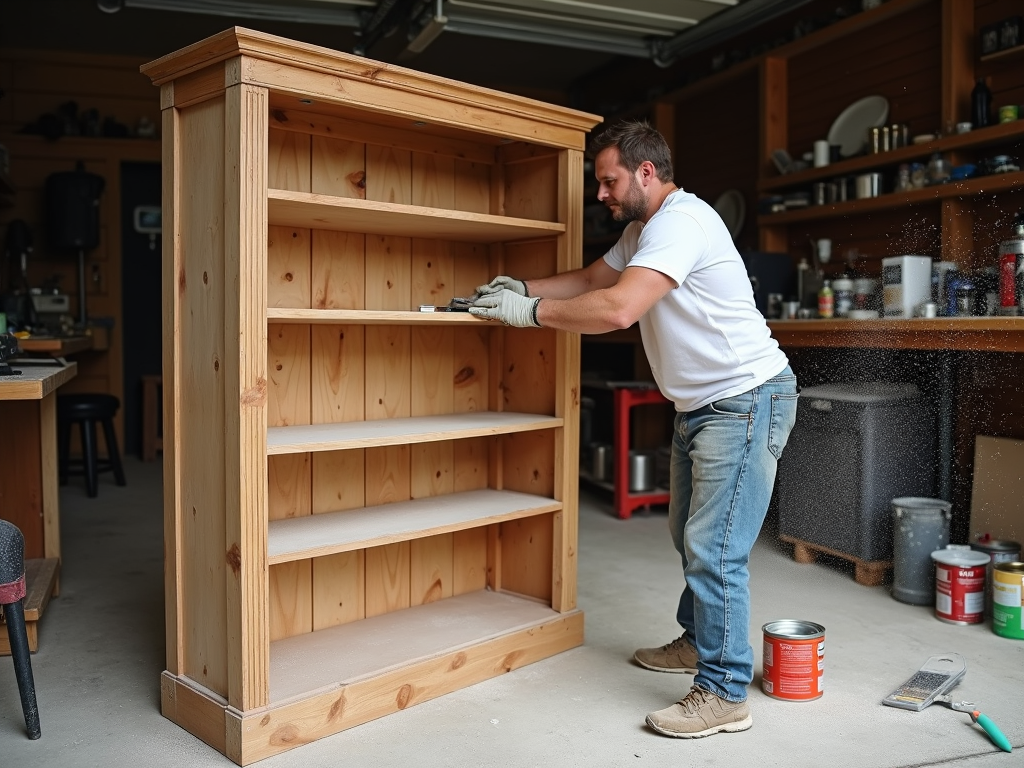
Dents or Chips
Dents in wood are frustrating—like the one I got moving a table. Grab wood filler that matches your piece. Spread it into the dent with a putty knife, let it dry, then sand it smooth. A touch of stain blends it right in. It’s simple and makes a big difference.
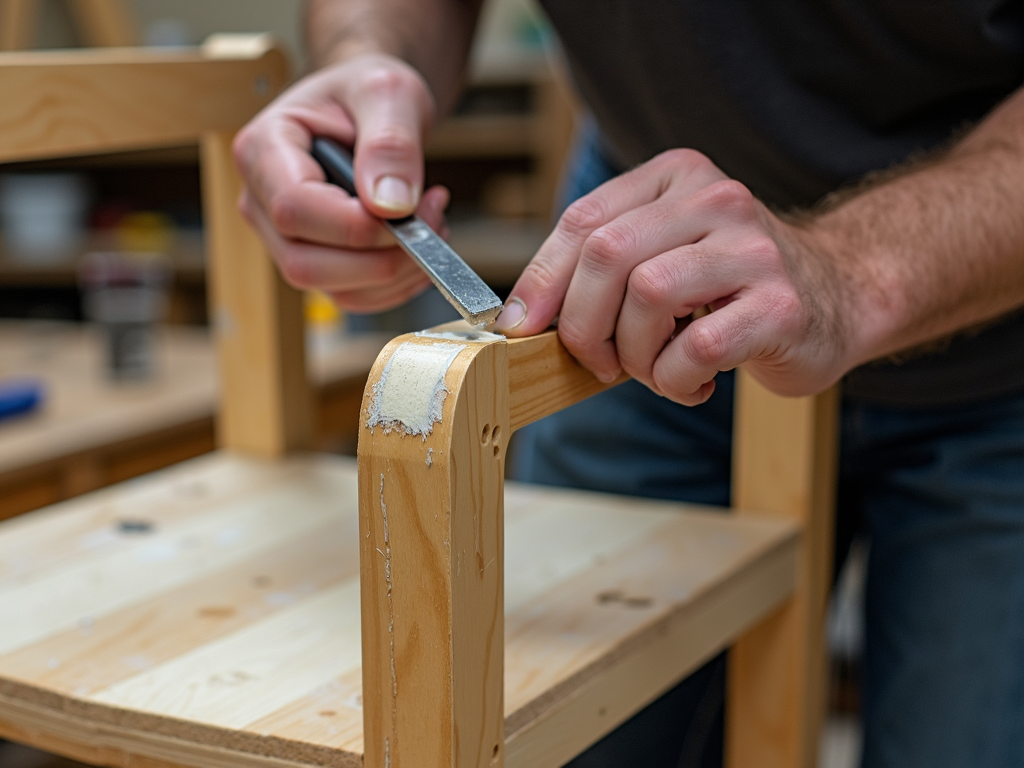
Preventing Furniture Issues
Fixing is great, but preventing problems is better. Stick felt pads under legs to avoid scratches and wobbles. Don’t overload shelves—my bookcase sagged once from too many books. Keep things dry; moisture warps wood and breeds mold. Tighten screws every few months to catch issues early.

Furniture Care Tips for Long-Lasting Quality
A little care goes a long way. Dust weekly with a soft cloth—don’t let grime build up. Use coasters for drinks and mats for hot plates; I’ve got ring marks to prove why. Keep furniture out of the sun to stop fading. Rotate cushions to wear them evenly. Fix small problems fast before they grow. The Furniture Society agrees—regular upkeep keeps furniture strong.
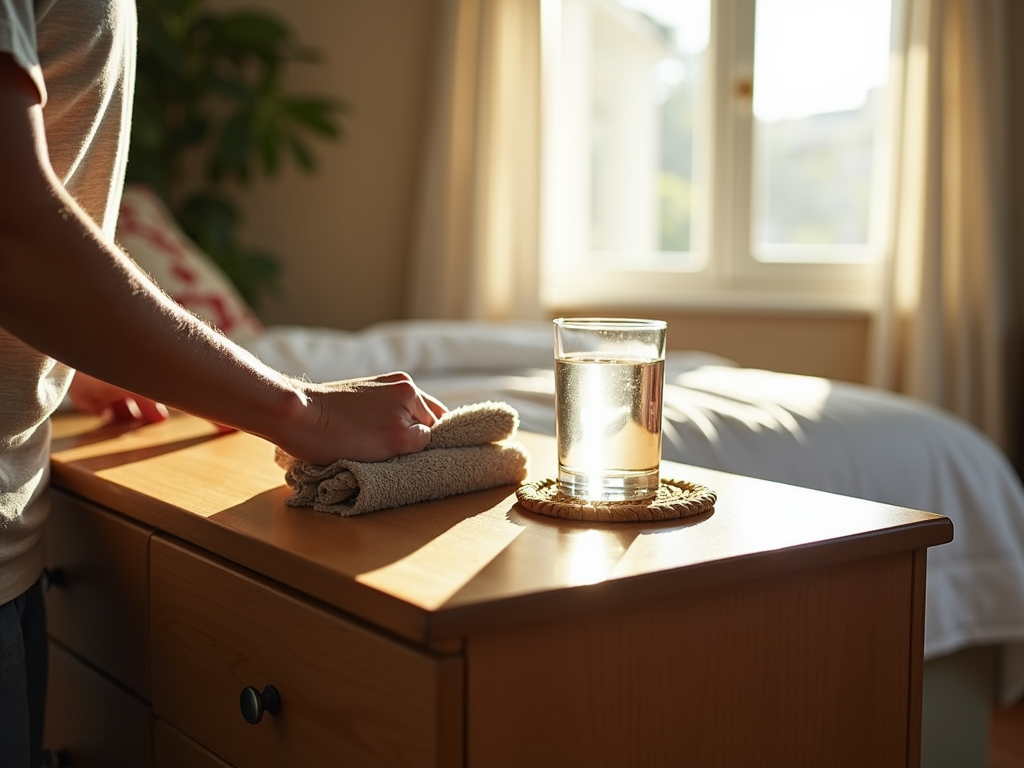
Summary
Furniture takes a beating, but you can handle it. These easy DIY fixes for common furniture issues—like scratches, stains, and squeaks—save you cash and stress. Pair them with simple care habits like dusting and using coasters, and your pieces will last for years. Try these tips and see the difference!







